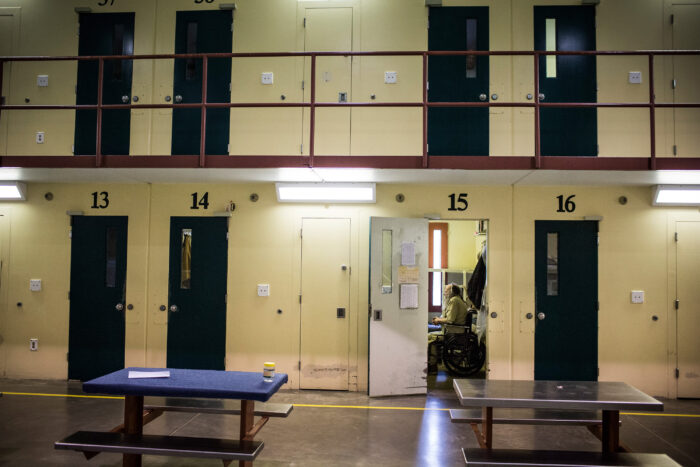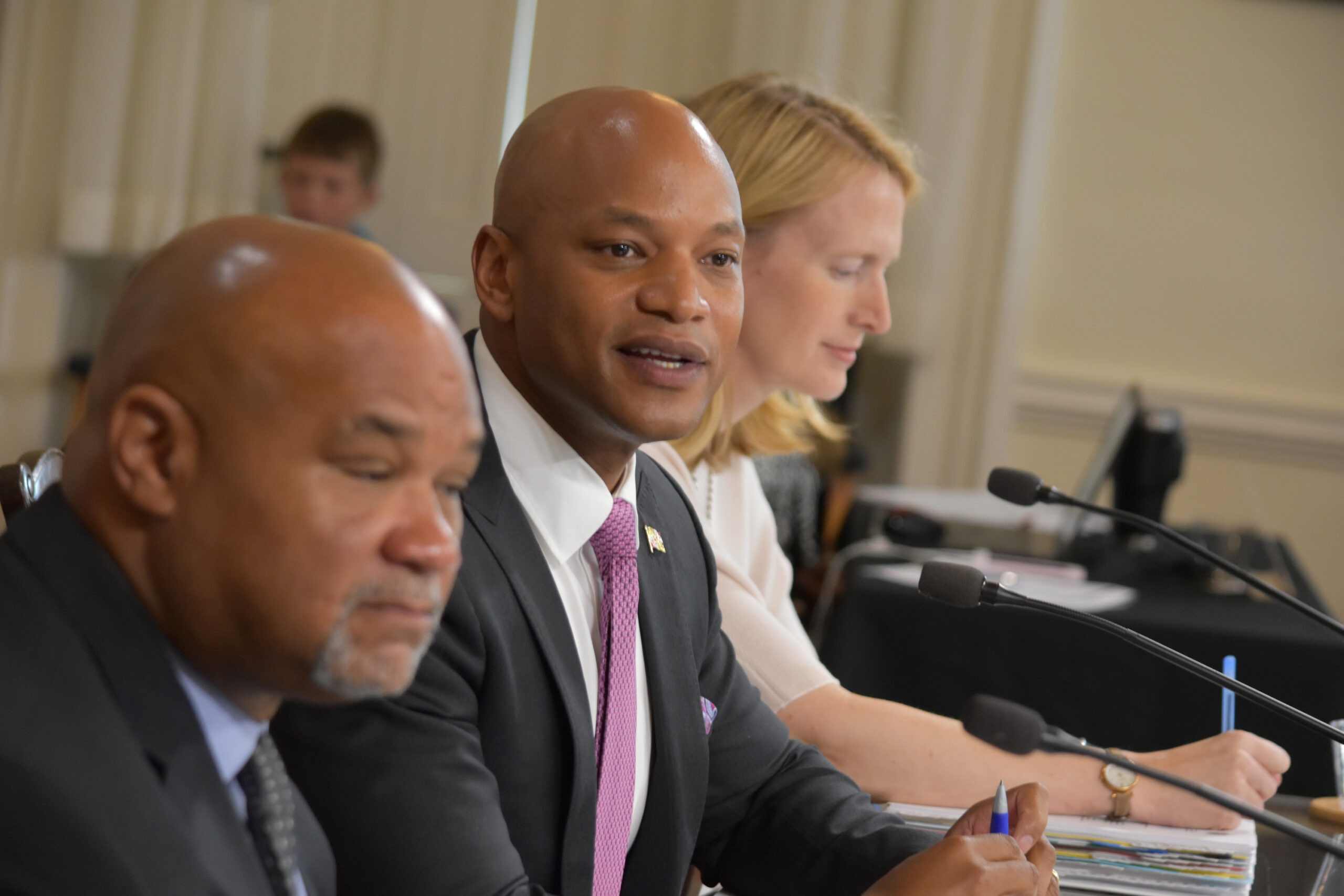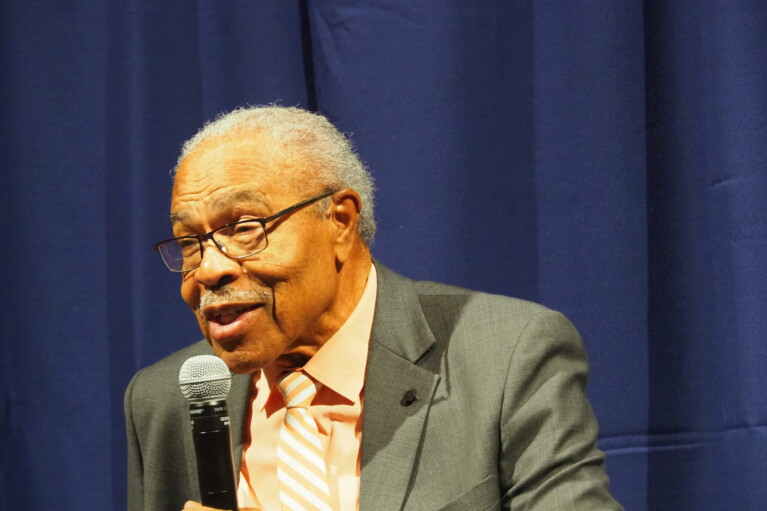
By Anthony Muhammad
The writer is a youth mentor with Baltimore Brothers, a community engagement specialist with We Our Us, and an adviser with the Maryland Parole Partnership.
Thirty-one years ago, on Jan. 26, 1993, at age 15, I was arrested on two homicide charges in Baltimore City. I was ultimately convicted and sentenced to life plus 20 years in prison. The judge who sentenced me mistakenly believed that I was unredeemable, unreformable, and that the actions I committed were unreconcilable. She stated that I had “little prospect of ever being able to come out and function,” and that I showed very “little hope of rehabilitation.” The judge was unconvinced that “job training, education, and such would make [me] a safe citizen.”
Thankfully, my sentencing judge was wrong about me. Today, I am not only redeemed and reformed, but I have also reconciled through victim/offender mediation with the daughter of the victim in my case — who has forgiven me.
On Sept. 20, 2022, I was released under the Maryland Juvenile Restoration Act. I served a total of 29 years, seven months, and 29 days. Interestingly, the judge who released me said the complete opposite about me than the judge who originally sentenced me. In fact, the judge who released me stated that my demonstration of maturity and rehabilitation was so remarkable, that in all her years on the bench, I was the very first “violent offender” that she had absolutely no reservations about releasing back into the community.
There are no words adequate to express the depths of my remorse for the crimes I committed. I made a horrible decision. It was the worst decision I ever made in my life, and I will always deeply regret my actions. However, egregious as my crimes were, they were not the result of “permanent incorrigibility” or “irreparable corruption.” I did not exhibit such “irretrievable depravity” that rehabilitation was impossible. As the distinguished civil rights attorney, author of the book “Just Mercy,” and founder of the Equal Justice Initiative, Bryan Stevenson, once said, “Each of us is more than the worst thing we’ve ever done.”
Since my release, I have now become part of the solution to crime and violence in the same community where I was once part of the problem. I am a youth mentor with Baltimore Brothers, Inc., where we provide manhood training and life coaching to youth.
In addition, I do community engagement work with the We Our Us organization. We are the new front line in the effort to make our community a safe and decent place to live. We are the “Credible Messengers,” the “Violence Interrupters,” who go door-to-door, block-by-block, street-by-street. We put boots on the ground in the neighborhoods struggling with the most crime and violence. We serve as messengers, protectors, connectors, and mediators.
Equally importantly, I work with The Maryland Parole Partnership at the ACLU of Maryland. We recruit, train, and assign attorneys, law firms, and legal clinics to represent pro bono during the parole process people who have served 25 years or more of incarceration on life and long-term prison sentences in Maryland.
My story is not unique. In fact, since the new law passed in 2021, those released under the Juvenile Restoration Act have a ZERO percent recidivism rate in Maryland. I am simply one of many returning citizens who are now during phenomenal work in the community. We are collaborating with multiple departments within the governor’s office, including the Department of Juvenile Services, to provide life coaching and mentorship services to youth, and the Department of Public Safety and Correctional Services to provide re-entry services to returning citizens.
Returning citizens are working with multiple agencies in Baltimore City, including the Mayor’s Office of African-American Male Engagement, and the Mayor’s Office of Neighborhood & Safety Engagement. Baltimore City State’s Attorney Ivan Bates has hired returning citizens and we are consultants to the Baltimore City Police Department on best practices for community engagement.
There is literally NOTHING that long-term returning citizens are not doing as productive members of society. Our message is this: There are many more just like us who are still locked behind the prison walls in Maryland. They are aging, and they are dying. They have served their time in prison — some 20, 30, 40, and even 50 years. They are no longer threats to public safety and their unnecessary incarceration is costing Maryland taxpayers millions of dollars. They deserve a meaningful opportunity to return to society, and we are confident that they will make positive contributions to the community if given the opportunity — just as those of us who are among you today.




 Creative Commons Attribution
Creative Commons Attribution